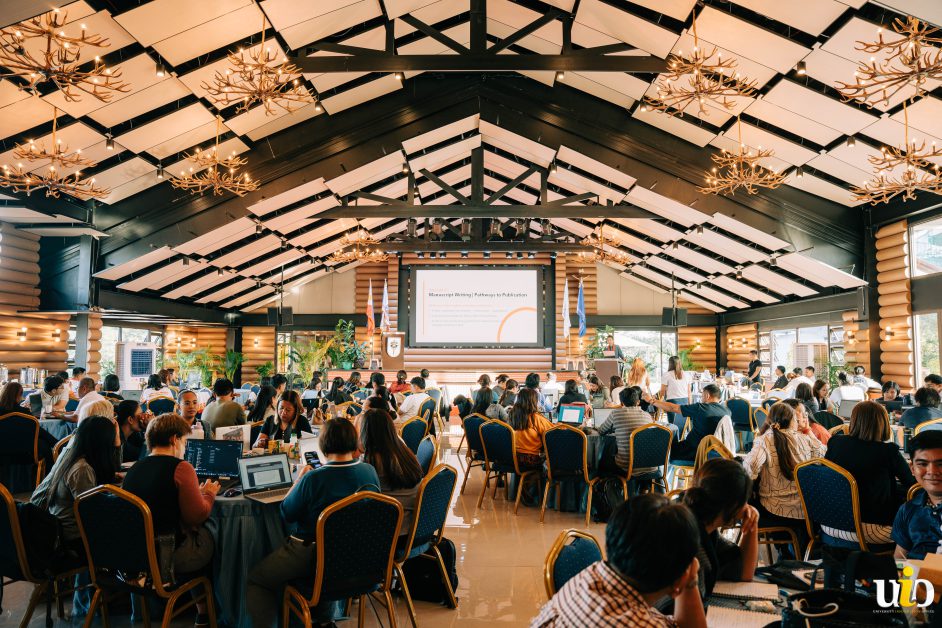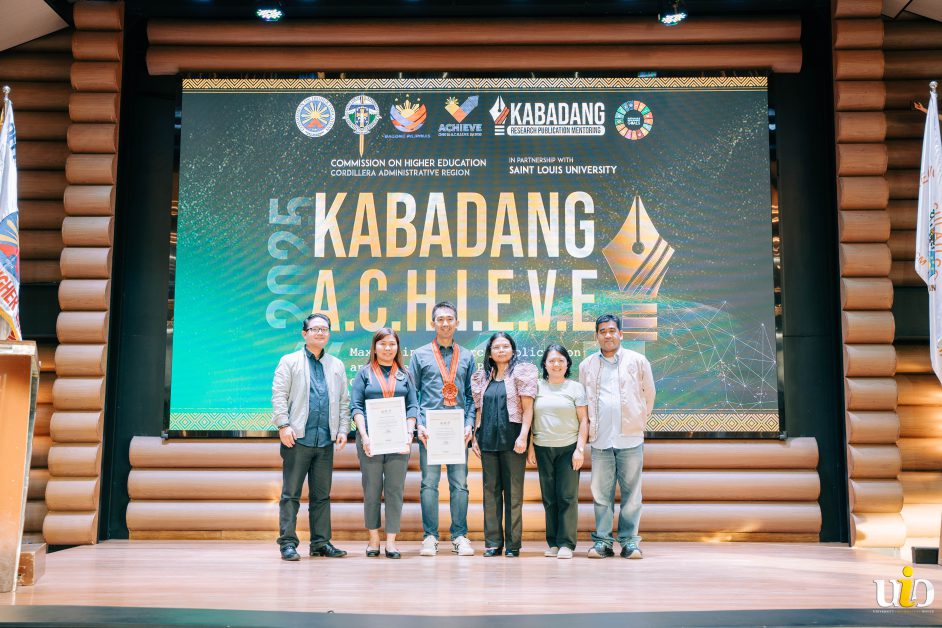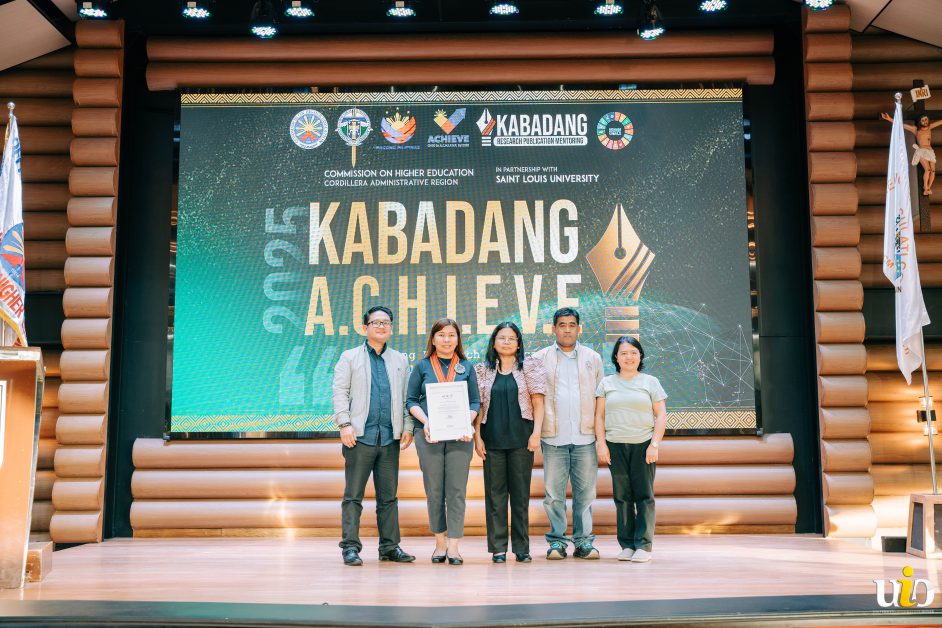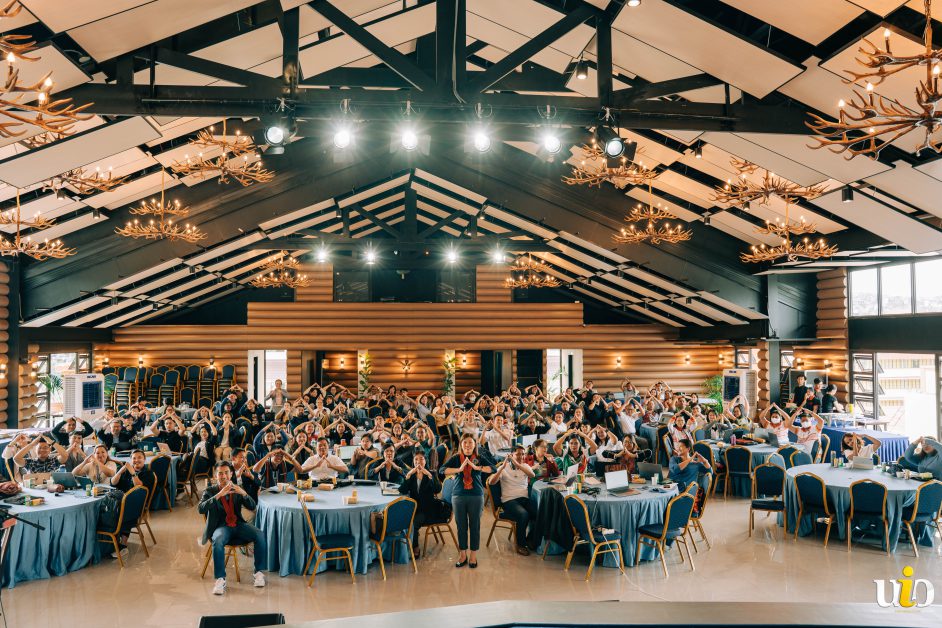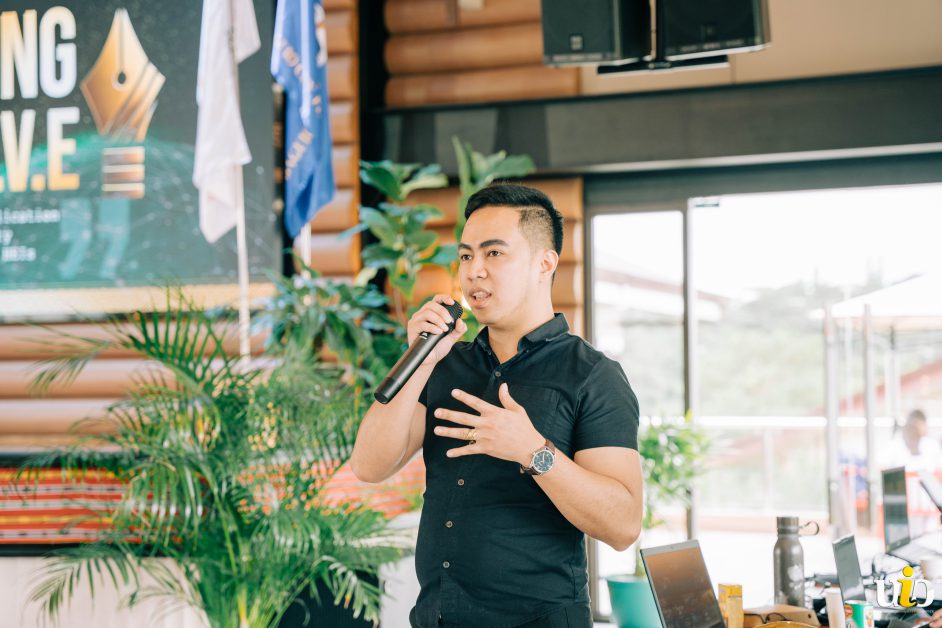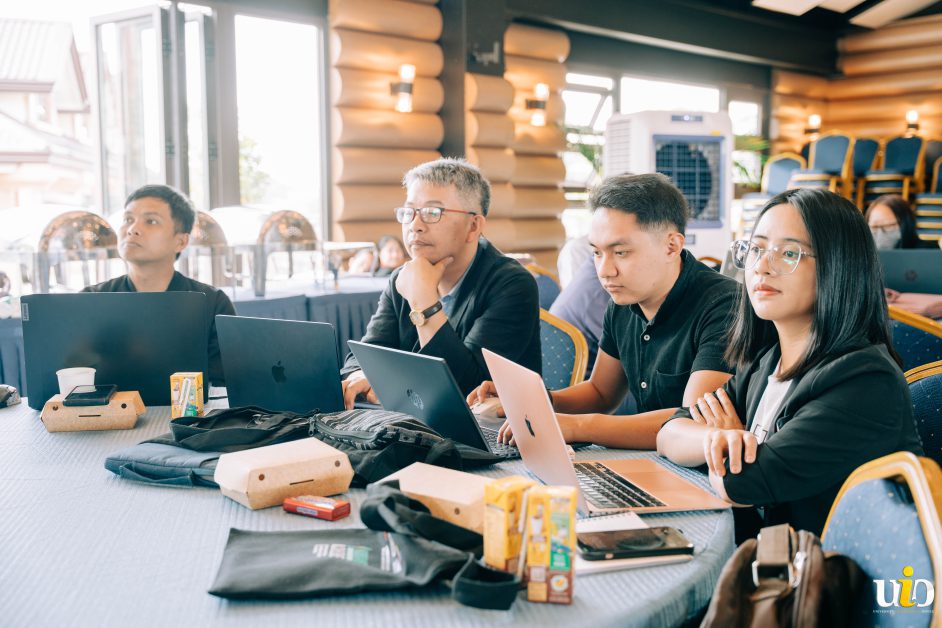Through its commitment to innovative and transformative education, Saint Louis University (SLU) faculty research promoters participated in the KABADANG A.C.H.I.E.V.E 2025, a Research Publication Mentoring session by the Commission on Higher Education Cordillera Administrative Region (CHED-CAR) on 19 November 2025, hosted by SLU at the Fr. Theophile Verbist Hall, SLU Sacred Heart Medical Center (SHMC).
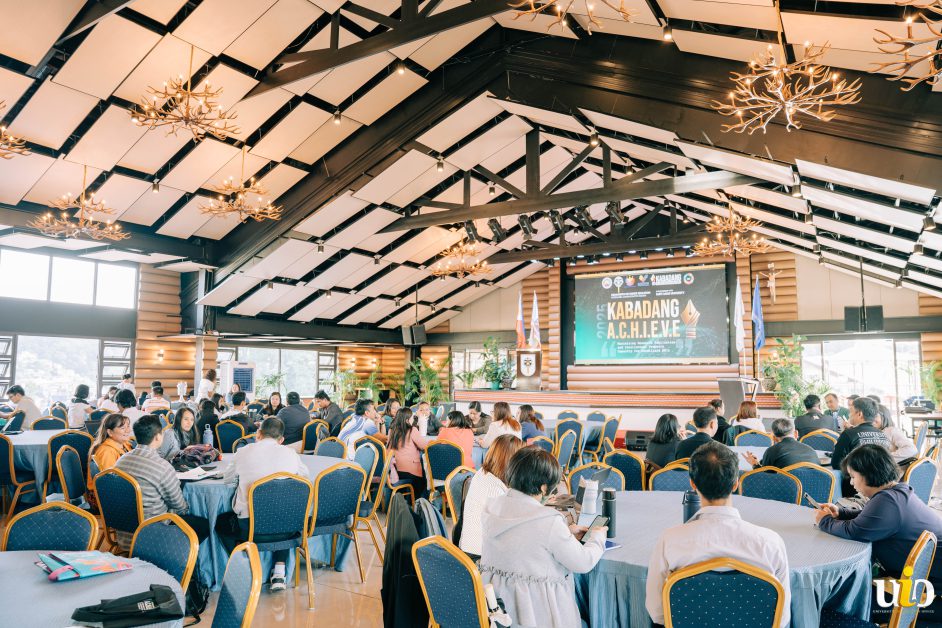
KABADANG is an ongoing CHED-CAR program aimed to maximize research publication and intellectual property capacity of Higher Education Institutions (HEIs) in CAR. The program was conducted in line with CHED’s A.C.H.I.E.V.E Agenda which stands for:
- Advanced and Accessible Lifelong Learning
- Centralized One Nation Human Capital Development Plan
- Harmonized SDG-based Higher Education Research and Innovation Agenda
- Integrated Real-Time Data Collection and Analytics System
- Expanded and Impact-Driven Internationalization Strategies
- Vitalized Policies, Internal Systems, and Governance
- Effective and Efficient Public Service
On behalf of Rev. Fr. Gilbert B. Sales, CICM, PhD, the Executive Assistant to the President, Prof. Joselito C. Gutierrez, PhD, delivered the welcome address. Dr. Gutierrez reiterated KABADANG’s objective to empower HEIs in research training and stated, “In an era where knowledge evolves at an unprecedented pace, KABADANG stands as a cornerstone of our commitment to excellence, ensuring that our researchers are not only informed, but truly prepared to shape the future.”
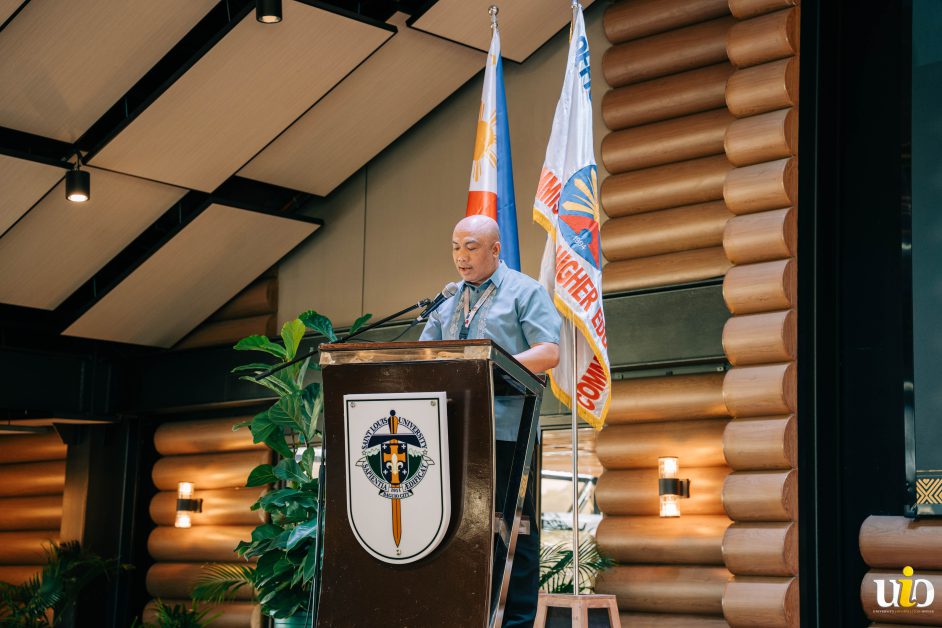
Dr. Gutierrez also underscored how research is a powerful instrument for transformation and public service. “As we empower researchers through KABADANG, we affirm our dedication to fostering a culture of inquiry that is both innovative and humane. Together, let us continue to transform knowledge into action, and action into lasting impact,” he concluded.
The newly appointed OIC-Director IV, CHED-CAR, Serafin L. Ngohayon, PhD, gave a message delivered through Ms. Menzie O. Kuengan, Supervising Education Program Specialist (SEPS). Ms. Kuengan spoke on how knowledge creation and sharing improve research impact in the Cordillera region. “The name of our program, KABADANG, speaks to the very goal of our region. It is the deep, enduring cultural practice of camaraderie, mutual assistance, and family helping family. This mentorship program is the realization of that concept in our academic lives,” she further stated.
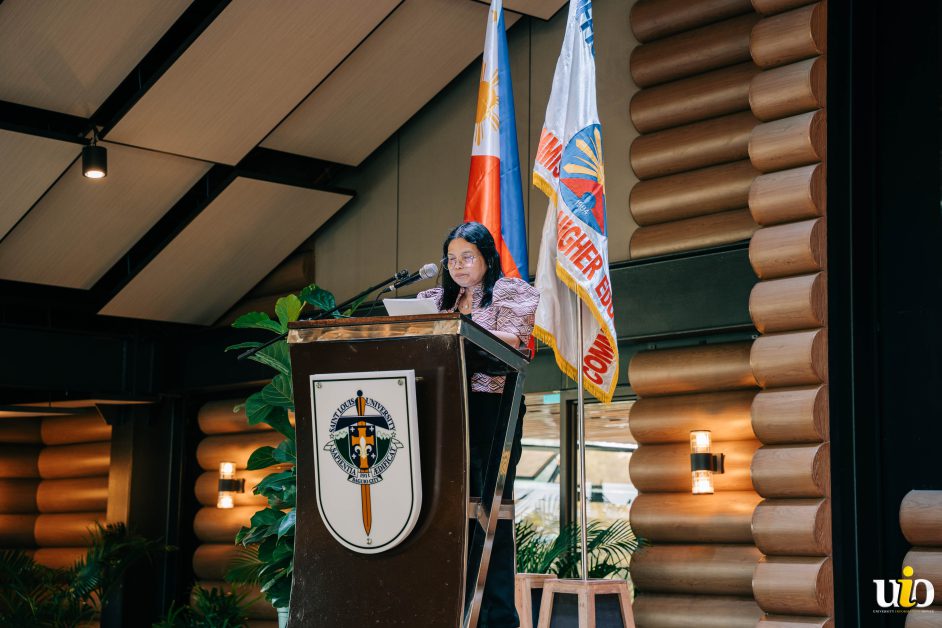
The newly appointed Director IV-Office of Programs and Standards Development, Jimmy G. Catanes, PhD, CESE, also gave a message delivered by Mr. Jefort K. Sab-it, Project Support Staff V (PSSV). “Integrating AI foundations for research writing, bibliometric review, strategies for navigating reputable journals, and pathways toward research-based intellectual property shows how far the program has evolved while remaining faithful to its original art, companionship in serious disciplined scholarship,” he remarked. Also, he encouraged the mentees to aim for submissions, acceptances, and research-based outputs that lead to better policies.
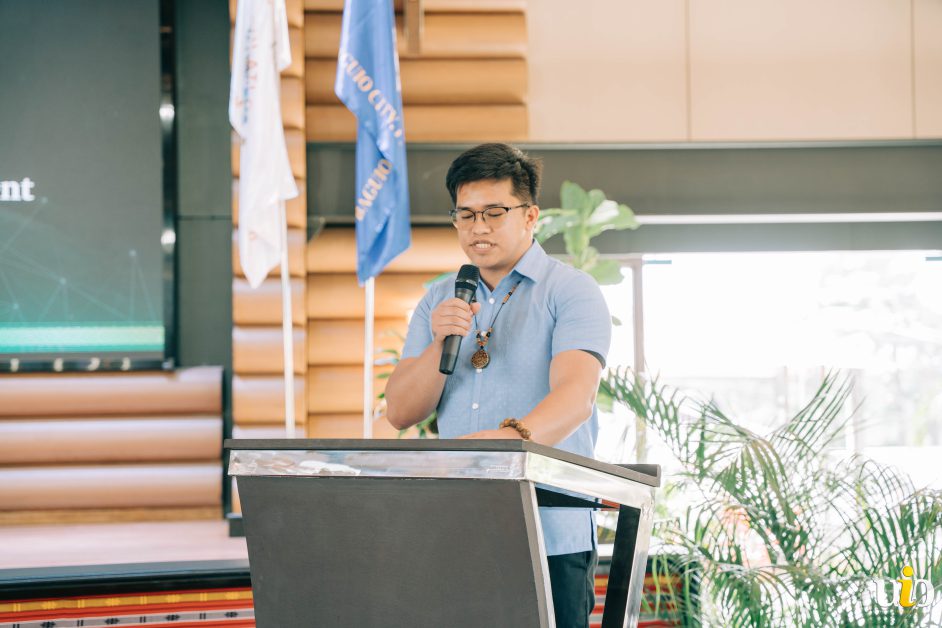
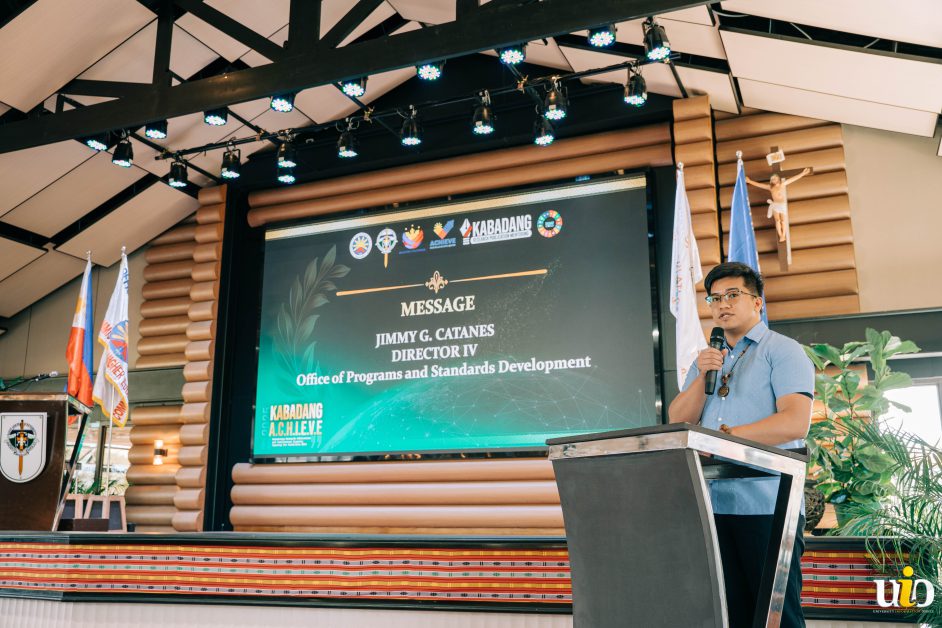
In Session 1, Marie Luvett I. Goh, PhD, PCpE, KABADANG Mentor from Marikina Polytechnic College talked about “AI Foundations for Research Writing: Leveraging GenAI Tools for Journal-Ready Manuscripts”. She started lecture discussions on the research mindset, AI understanding, AI tools, ethical use, and disclosure requirements. She stated the difference of AI being a generative tool and a researcher as a producing author. Moreover, “So in that way, just to justify why we do not need to have full dependency on AI, we need to understand AI first, and then what are its capacity, limitations, and risks,” she added. In conclusion, Dr. Marie Goh let the mentees participate through workshop activities covering the four modules taught throughout her session.
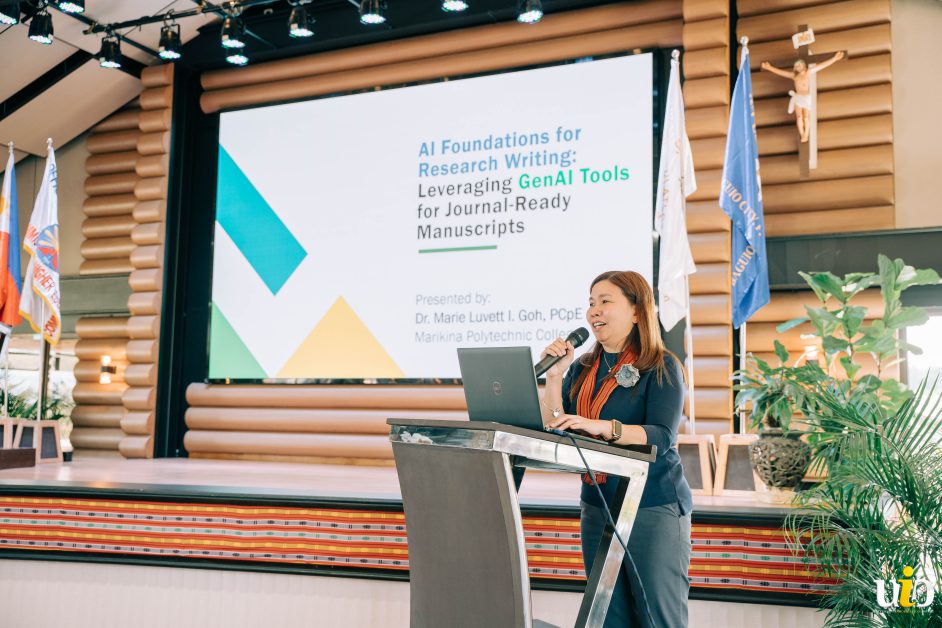
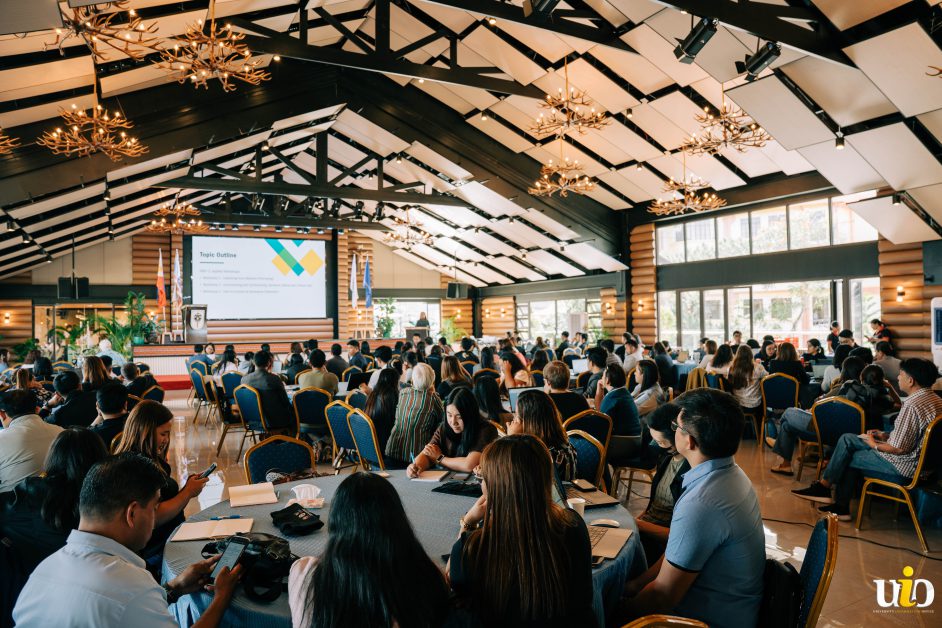
The second session was led by Joselito Eduard E. Goh, PhD, KABADANG Mentor from De La Salle – College of Saint Benilde with his topic on “Bibliometric Review Paper: A Practical Workshop for CAR Faculty”. He gave an intensive analysis on the nature, purpose, and significance of Bibliometric review papers in academic research.
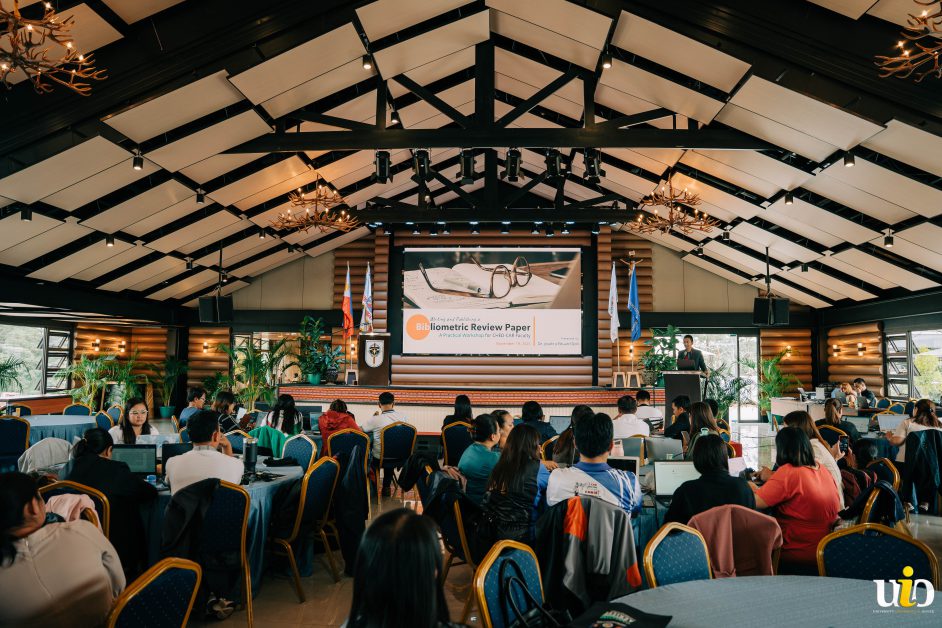
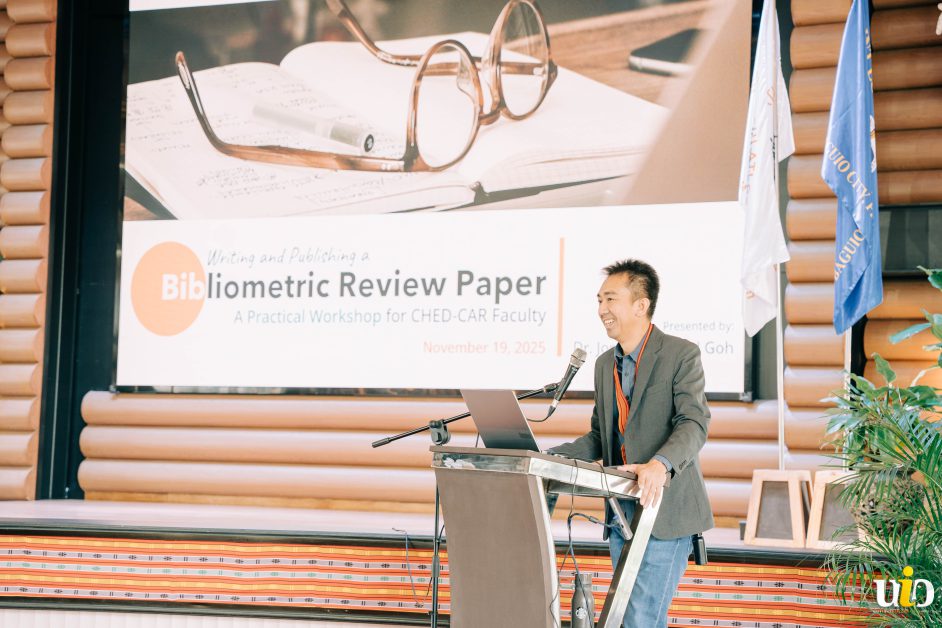
Moreover, Dr. Eduard Goh expounded on the role of data sourcing in research “Your bibliometric review will only be as good as your data base,” he stressed. The session continued with alternating lectures and questions from the mentees. In closing, he instructed the mentees about a take home activity on manuscript writing and pathways to publication.
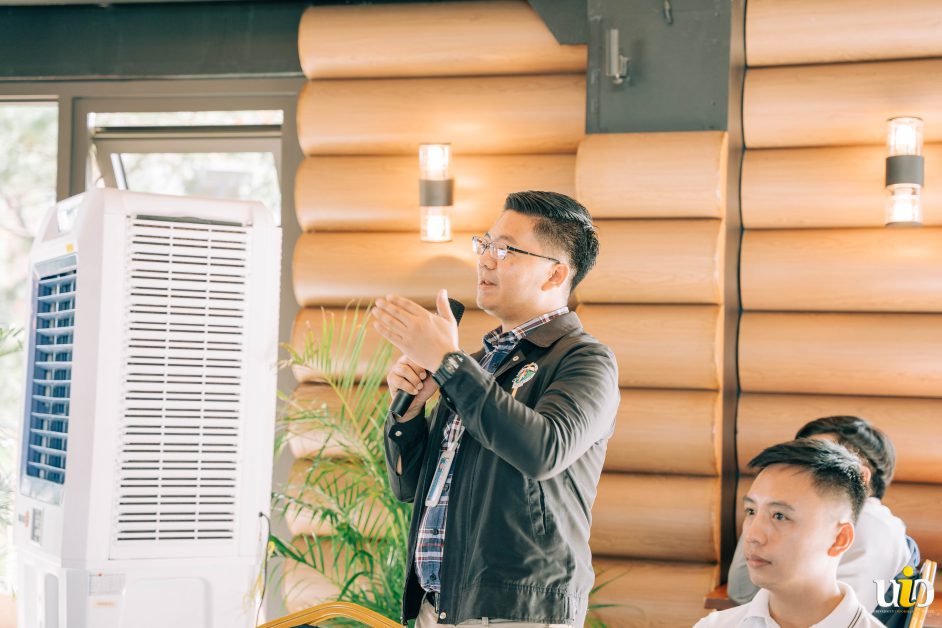
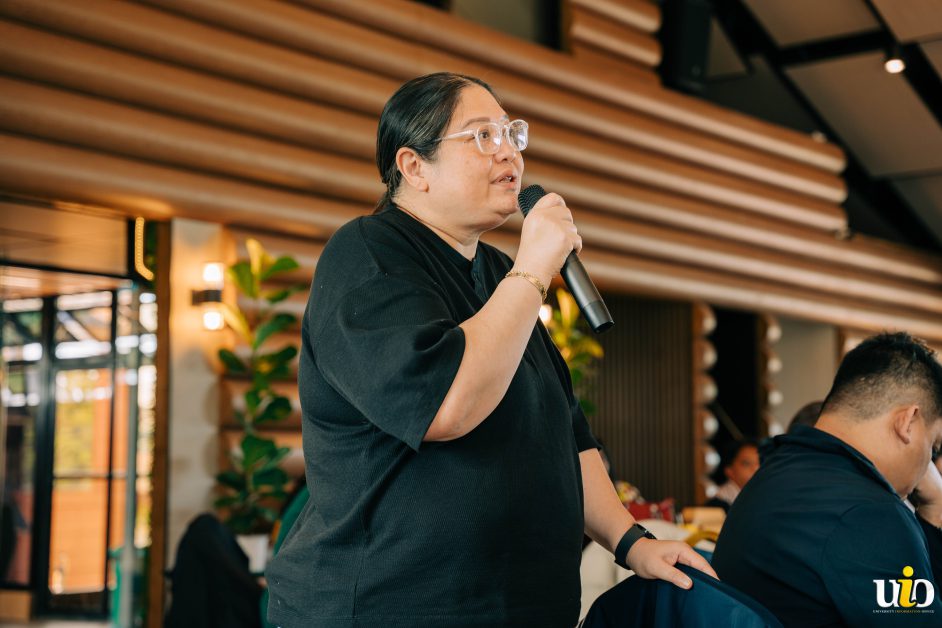
The training will continue today, 20 November, until tomorrow 21 November 2025 with two other sessions of lectures and continuous workshops:
- Session 3: “Navigating the Path towards Published articles: Practical Strategies and Tips to Succeed” facilitated by John Robert C. Medina, PhD, KABADANG Mentor
- Session 4: “From Discovery to Asset: Unlocking the Value of Research-based Intellectual Property” facilitated by Cynthia D. Garambas, PhD, KABADANG Mentor
In alignment with the United Nations Sustainable Development Goals (UN SDGs), this action mapped specific SDGs: SDG 4, Quality Education and SDG 17 Partnerships for the goals. (Article by Catherine Rose Bondoc, UIO Intern | Photos by John Erick Cortez, UIO Intern)


